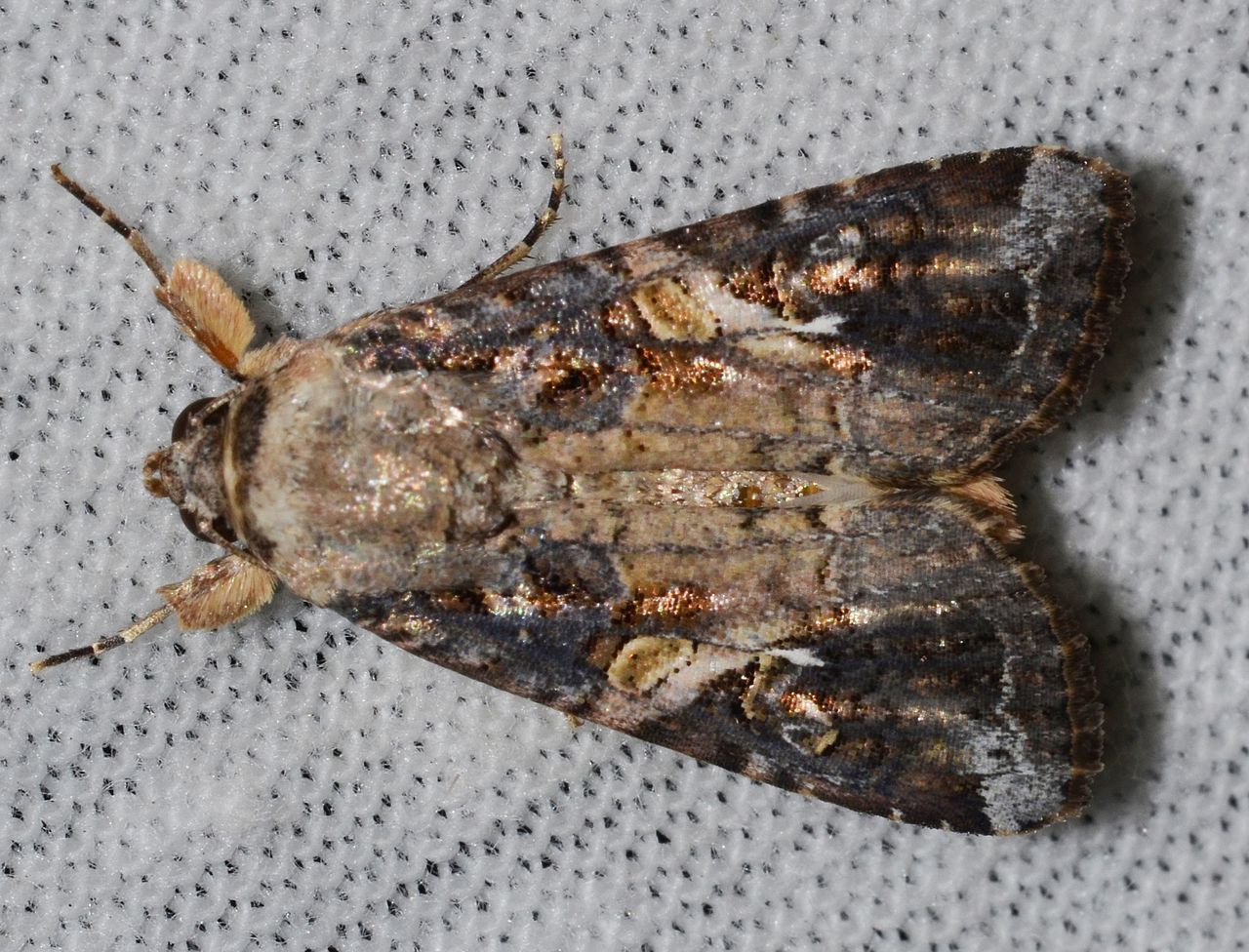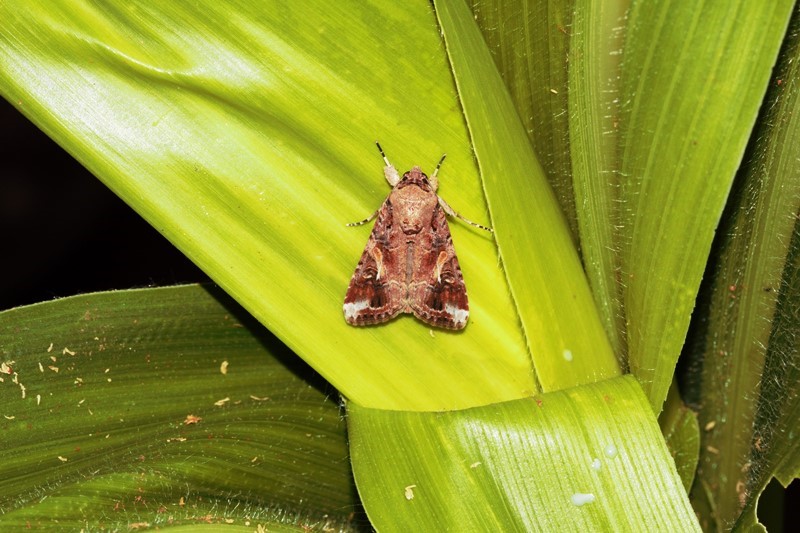
New Migrant Pest Threatens Major Crops
- News
- 1.9K
A new migrant insect that can potentially cause losses to dozens of crops has been found in Karnataka. The pest has been damaging maize plants in certain parts of the state and is not a native and known species in India, scientists from the University of Agricultural Sciences, Bengaluru have reported.

The pest, Spidoptera frugiperda, is a species of armyworm hitherto not found in India. It was first observed during May-June period in maize crops near Gowribidnur in Chikkaballapur district of Karnataka when scientists were investigating crop loss due to caterpillars. This caused extensive damage to the maize crops there.
“It took some time for rearing the larvae collected from the field,” says Prabhu Ganiger, a researcher at the Department of Entomology of the University. The larvae collected from fields were reared in the laboratory for authentic identification. “We found it is difficult to rear them in the lab because they turn cannibalistic eating each other in captivity,” he explains. Finally, after a month or so we could get the adult and based on their appearance the insect was identified as Spodoptera frugiperda.

Spodoptera frugiperda is a known pest in parts of North America from Canada to Chile and Argentina. It has also been reported to have spread to Africa in 2017, causing widespread crop damage. However, so far nobody had reported its presence in Asia.
The finding is significant since its larvae have been found to feed on almost every important crop grown in India including maize, rice, sorghum, sugarcane, cabbage, beet, peanut, soybean, alfalfa, onion, tomato, potato, and cotton. If not contained, it has potential to turn into a major pest, researchers have warned.
Since such migrant pests do not have natural enemies in the new land, they spread far and wide causing extensive damage. Four years ago a new invasive South American tomato leaf miner moth, Tuta absoluta had caused extensive loss to tomato in India.
“It is very easy to distinguish the larva from similar spodoptera and cutworms. They have black spots on all over the body. And there are four distinctive black spots near the tail. Farmers can easily identify the new migrant with these features,” explains Dr. Ganiger.
However, scientists are not sure how the pest landed in India. “We can only speculate,” says Dr. Ganiger. Some eggs might have been carried inadvertently by tourists or their eggs could have been carried by clouds from far off and rained here. Instances of such raining of insect eggs and plant pollens are well known. Meanwhile “creating awareness through every medium is essential to prevent its spread,” he says.
The research study, published in journal Current Science, has been authored by Dr. Ganiger along with his colleagues – M. Yeshwanth, K. Muralimohan, N. Vinay, A. R. V. Kumar and Head of Entomology Department Dr. K. Chandrashekara. (India Science Wire)
By Kollegala Sharma
If you liked this article, then please subscribe to our YouTube Channel for the latest Science & Tech news. You can also find us on Twitter & Facebook.


